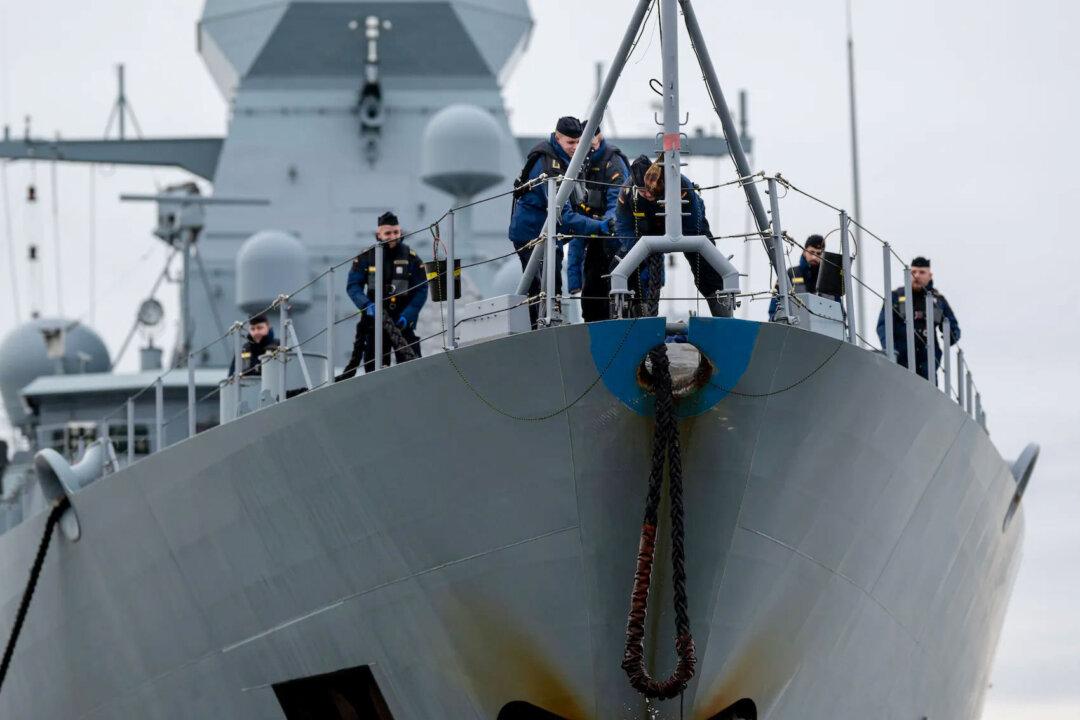Two German warships are sailing to Indonesia via the Taiwan Strait despite Beijing’s opposition. It’s the first time in 22 years that German warships have passed through the disputed waters between China and Taiwan.
German Minister of Defense Boris Pistorius confirmed the transit on Sept. 13 at a press conference, saying that the German Navy’s frigate Baden-Wuerttemberg and the supply ship Frankfurt am Main were sailing toward the Taiwan Strait.




